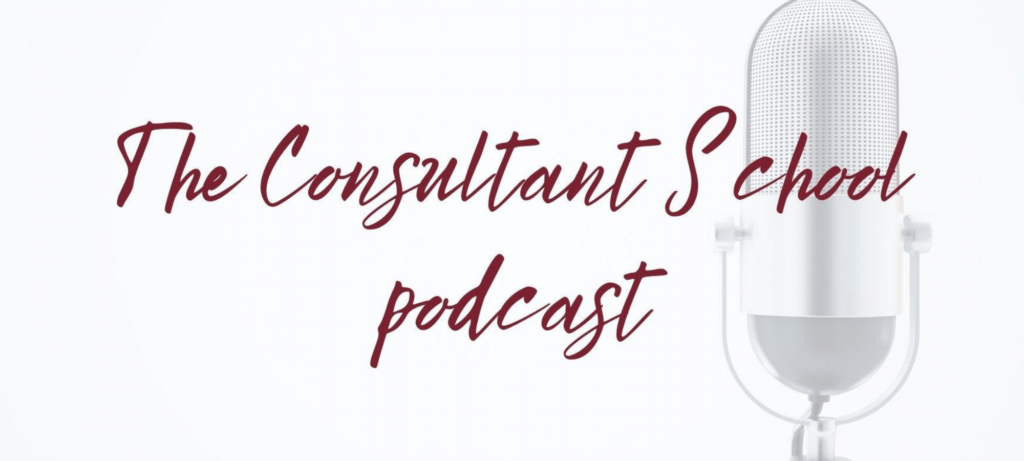By Ray Rood
February 2021
Build a Priority Culture
Over this past very unusual year I have had the opportunity to be involved in an increasing number of coaching conversations about how best to navigate the changing world in which we live and work. Some of these conversations have been about personal life transitions and some about changing work-related roles and responsibilities. A major theme emerging out of all of these conversations has been the discovery of the significance of individual initiative, its related risks, and responsibilities in any change process, whether it be personal or organizational in nature.
For the past twenty years or so, one of my favorite references for my organizational consultation has been the classic book, Deep Change, by Robert Quinn, which has helped me realize that every organization seems to be moving in one of two directions, “deep change” or “slow death.” This belief has, for a number of years, been the foundational assumption of our vision base strategic planning work within Genysys. It has only been in the last few years that I have realized the true significance of the subtitle of Deep Change, which is Discovering the Leader Within, and the essential role that it plays within any form of deep change, organizationally and personally. For an organization, I have concluded that it takes a critical mass (five or more) of individuals who think and act as leaders for deep transformational change to occur. For individuals, it is up to each person to be his or her own leader and take the initiative in pursuing needed and/or desired change.
I have come to believe that within most individuals is undeveloped leadership capacity. I have witnessed its emergence both in times of crisis and overtime if there is a sufficient balance between the elements of challenge and support. Furthermore, I believe that most individuals will face their own leadership challenge/opportunity when they realize that they are alone and on their own, whether or not they are inside an organization. It is at this point, that the individual determines whether or not to take leadership over his/her own circumstance(s), personally and/or organizationally. It is because of these dynamics that I see leadership and adulthood as being quite synonymous in nature since at the heart of both being a leader and an adult is individual initiative, responsibility, and aloneness.
As I was writing these reflections, I thought of the lines of a poem by the Irish poet, Donovan Leitch which I am dedicating to the emerging leader within all of us, especially at those times when we face that leadership opportunity most often disguised as a challenge or problem:
Do what you’re never done before,
See what you’ve never seen,
Feel what you’ve never felt before,
Say what you’ve never said,
Bear what you’ve never born before,
Hear what you’ve never heard,
All is not what it would seem;
Nothing ever remains the same.
Change is life’s characteristic;
Bend the flow and play the game…
So many times I was the one
Who stopped myself from doing things;
So many times I was the one
Who grounded myself and clipped my wings.
So I say do what you’ve never done before.
You must go where you have never been…
Two Questions for Consideration:
- What kind of challenge and/or support might you benefit from in order to take the next step in your own leadership development story?
- What other leader(s) might you consider partnering within some joint cause or endeavor?
- What kind of challenge and/or support might you benefit from in order to take the next step in your own leadership development story?


This is another episode from the archives!
Listen to the full Episode on The Questions of Intuition here.
The Questions of Intuition Show Notes
- How do we deal with the unknown?
- What do we do and how do we think about where we are at?
3 Levels of Intuition
Levels that people with intuition as a preference or strength use almost exclusively.
- Intuition through doing-when you make the right choice.
- Intuition through feeling– when you have a hunch to do something; decide based on a feeling.
Most people aren’t aware of the third level:
- Intuition through thinking: Asking yourself two questions.
When you are in an unknown situation ask two questions:
- What do I know about where I am at? (WAIT and see what emerges)
- What do I need to do with this information? (The majority of the time the answer is to get more information.
BOOK MENTIONED IN THIS EPISODE:
- Deep Change by Robert Quinn
OTHER RESOURCES:
- Learn more about Strategic Futuring.
- Amy wrote about these questions here.